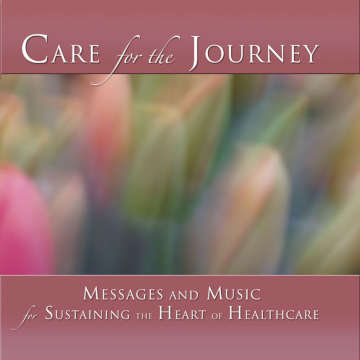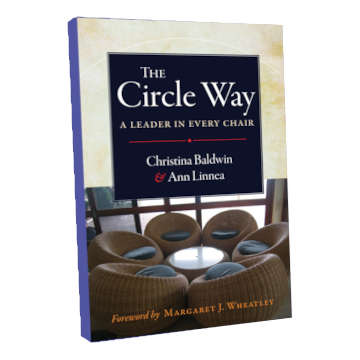By Brett Long
Fall in the Upper Midwest is a beautiful time of year. The scenery transforms into spectacular color. Yet, changing seasons are spectacular only if we take time to notice them. This is a beautiful reminder for staying present. Having grown up and lived my entire life in the Midwest (Michigan-Ohio-Iowa-Minnesota), I’ve had a love-hate relationship with Autumn. I love everything about it – cooler temps, stunning beauty, college football, etc. But because I associate it with Winter being next, with all its darkness and sub-zero potential, I notice not allowing myself to completely enjoy it. It’s as if I’m approaching a corner and I’m terrified by what could be on the other side.
Sometimes it Feels Like You Need Super-Jedi Skills
My dread of the of winter – anticipating the future, not enjoying the present — is a clear lesson in how not being in the present moment can strip us from life’s joy. And, while you may not share my struggle with Winter, you certainly have other challenges where something in the future is getting in your way of fully appreciating the goodness in the present moment, like next week’s call schedule, a packed clinic schedule, or a decision that needs to be made soon about your aging parent and their living situation. It can take super-Jedi skills to stay present in the current world we inhabit.
Forward Focus Competes for the Gift of the Present Moment
Our forward focus competes for the gifts right here, right now. We confuse forward momentum, with movement toward happiness, but in fact, it only leads us away from it. Sometimes we use the future to stay safe, to detach, avoid dealing with what is uncomfortable – other times we think of it as necessary to stay on top of things. Here’s the thing, there is a simple antidote to not enjoying the present. It is gratitude.
What the Research Says
Over the past few decades, studies have consistently found that people who practice gratitude report more optimism and happiness, stronger relationships, and many other benefits. Research also suggests that expressing and receiving gratitude at work makes people feel happier and more fulfilled, cooperative, motivated, and effective. Yet we are less likely to feel or express gratitude at work than anyplace else: Only 10 percent of Americans say they express gratitude to their colleagues daily, and 60 percent say they never or very rarely express it (John Templeton Foundation Gratitude Survey 2012). And according to the U.S. Department of Labor, the number one reason why people leave their jobs is that they don’t feel appreciated.
An Invitation
My invitation to you is to bring gratitude into your daily life. Start to find new things to be grateful for each day. And if you are game for it, try to bring gratitude explicitly to your workday.





